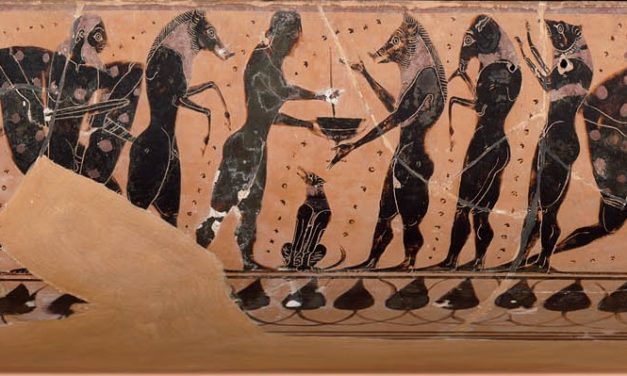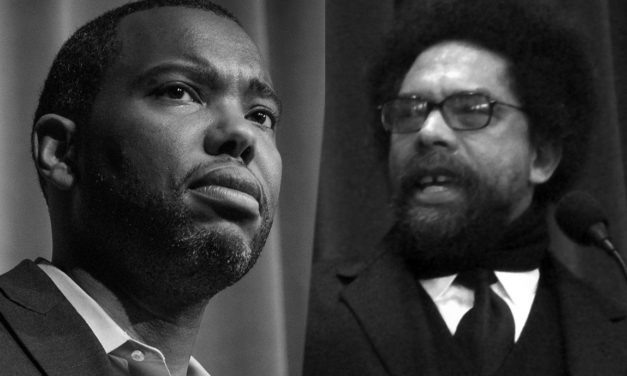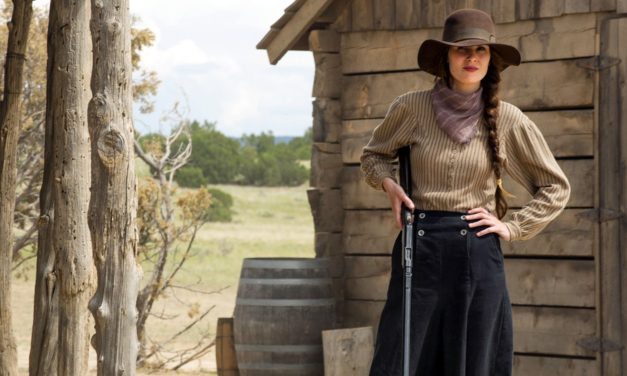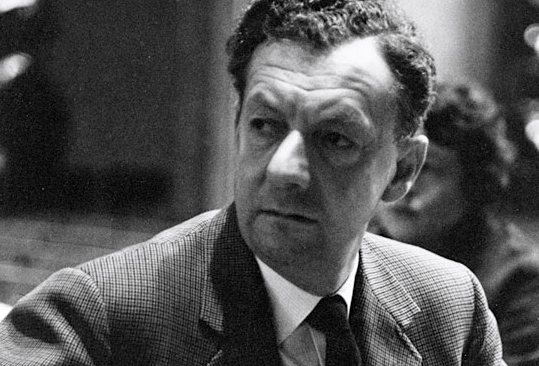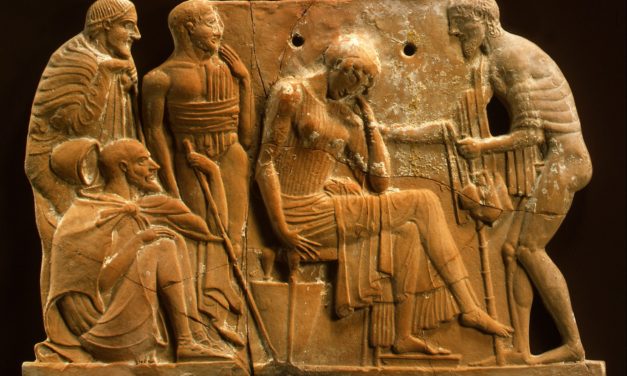On Translation
I’m reading Daniel Mendelsohn’s poignant memoir, An Odyssey: A Father, a Son and an Epic (2017), treating it as a kind of coda to Emily Wilson’s new translation of Homer. Now Mendelsohn is a classical philologist, just like Wilson, so of course he did his own translations for the book. They read nothing like Wilson’s. The framing story of the memoir is how the father, Jay, a hard-headed mathematician not ordinarily drawn to literary texts, asked his son if he could take the course on The Odyssey that Daniel was scheduled to teach at Bard College. Father and son...
Read More
